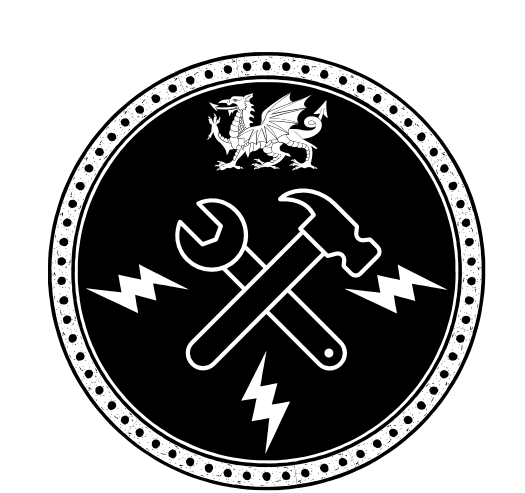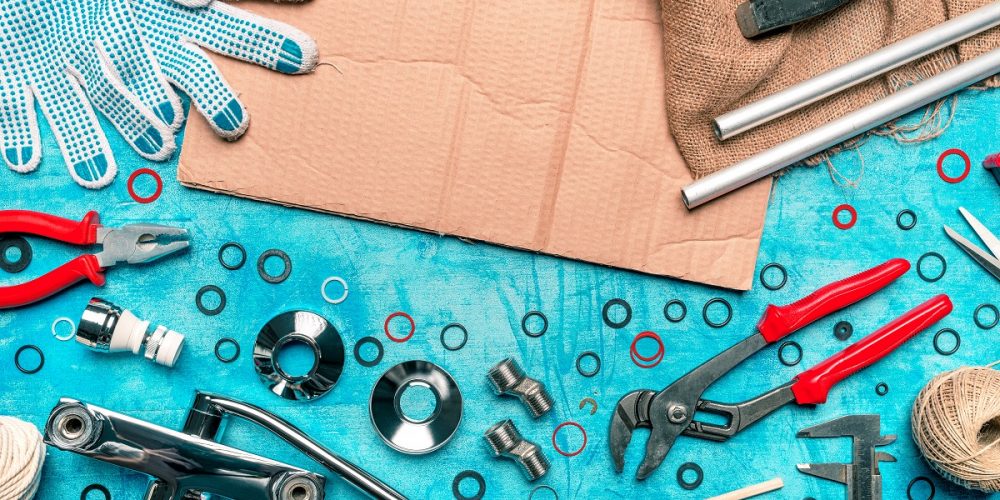As a homeowner, or business owner, do you understand your plumbing, fresh water and waste systems? There’s so much misinformation on the internet and so called-fake news you can fall victim to fake products and Instagram vlogger ‘hacks’ that do nothing or worse harm your system. Here’s a starter of common plumbing myths and DIY fixes you can try before calling in my team to help out.
- Grease and fat is bad for pipework! Heat destroys it.
Once grease has made it’s way into the pipes, it clings to the pipes and when the hot water cools the grease hardens and creates a thick coating on the inside of the waste pipes. This solidified grease on the inside of the pipes is a magnet for bits of food, lint and hair, which will eventually clog the pipe. This can lead to long term issues, including backed up or even bust pipes. Before the pipework blocks completely, rinse it out with the hottest water you can, hot tap, kettles or buckets.
Prevention is better than cure so to avoid calling out my team of plumbers and gas engineers to fix the problem, try to avoid putting fat down the drain – leave it to solidify and then place in the food waste. Food waste in the South Wales area out of interest often ends up in Cardiff at an anaerobic digestor which generates power. One of our Electricians has worked on the generators during the install.
- Blocked Sinks
DIY sink unblocking is not as straightforward as you may first think. It may also prove to be hazardous.
1st Step is to try the above, with hot water and dish washing liquid.
If that fails then a plunger is a good option for small blockages.
After a few unsuccessful tries with the plunger, you may think that pouring a household chemical cleaner or drain cleaner into the sink is the logical next step. This can help, but is unlikely to resolve any major blockages.
Here’s where you REALLY need to be careful! Splash-back from plunging can cause irreversible skin damage, and if contact is made with the eyes, it can cause blindness.
NEVER use a plunger after using a chemical to clear a blockage. Always use a plunger in a safe way — without any chemical agent.
Out team of Plumbers, Handymen and Heating Engineers have access to industrial grade cleaners and professional deblocking equipment. We also respect how strong the products are and work within their safe limits, ensuring ventilation and a full cleanup!
- Low Water Pressure – Don’t panic just yet
If you’re having problems with low water pressure it may be a leak somewhere in the system, or something a lot more explainable.
Has your water company contacted you or are they doing unplanned works? Check their website and type in your postcode – Welsh Water are pretty good at updating you if you register your mobile number with them from experience.
Secondly, when fault diagnosing my team of Plumbers, Handymen and Heating Engineers would be looking at if the issue affects every tap in the property. If only one location is affected, then this can be further investigated and could be a blockage, failed or sticking valve or corrosion.
If all the outlets have low pressure and the water company are not doing any works then it’s time to speak to someone! Check with the neighbours to see if they are affected, and if not then get in touch with our team of expert ex forces plumbers and handymen to carry out some serious investigation!
- Cold Radiator
If you are running your heating but notice one of your radiators is cold, then there may be a few simple things to check before calling our team of ex forces plumbers out to help.
- Bleed the radiator by opening the bleed valve. This will be at the top of the radiator, usually the right hand side and can be opened with a specially designed key or a small screwdriver. If water flows out, then that is good – if air flows out then keep it open until water shoots out. Air has a lower conductivity than fluids, so the radiator would be running inefficiently.
- Is a Thermostatic Radiator Valve fitted? (TRV) These valves are on the bottom of the radiator and act as a localised thermostat for the room, shutting off when they reach a simplistic temperature. As they are numbers not Celsius, normally 1-5, 3 is around 18 – 20 degrees Celsius and the usual comfortable temperature. But as with all valves these can stick or break. If you are unsure, then fully open, then close, then fully open the valve again to move it. If this doesn’t work then it may be a faulty valve needing fixing.
- How many radiators are affected? If there is more than one radiator affected then it may be an issue with the heating source whether that be a boiler from Gas, Lpg or Oil or an electrical ground or air source or even from a Rayburn or wood burning source. Checking the source of heat and the temperature that is reaching is essential in working out the source of the problem.
If any of the above don’t work, then we can help. One of the reasons for our success is that my team of ex forces Plumbers, Heating Engineers, Carpenters, Electricians and Handymen have all got an investigative mindset from their time in the military. They’re also inherently efficient and professional so will never lie to you or charge for items you do not need. Most fault finding is quick and simple and with common parts in stock with our network of Welsh suppliers we can usually have you up and running on the same day as we visit.
- Not servicing your boiler regularly.
Yes we are a company that supplies boiler services within our network of ex forces Plumbers and Heating Engineers across South Wales. But what genuinely upsets me is when we visit a customer who has a fault and it cost’s a very high amount to fix, as the parts for many boilers are prohibitively expensive; as the manufacturers of cheaper units often want to incentivise you to buy a new one!
If you view your boiler as a mechanical piece of equipment like your car and treated it to a service yearly or even once in a way, then it has a bit of TLC! We fully strip down the working parts and clean them, checking that the combustion is efficient and the toxic gasses are being emitted safely. We also spot premature wear or small hidden faults far earlier before the boiler breaks down – often fixing at the same time preventing the issues highlighted above.
Our ex forces plumbers and engineers are all Gas Safe registered as a minimum but on top of this they have experience of engineering in their forces careers and are much better equipped in my opinion to fault find and investigate problems in boilers, pumps and systems.


